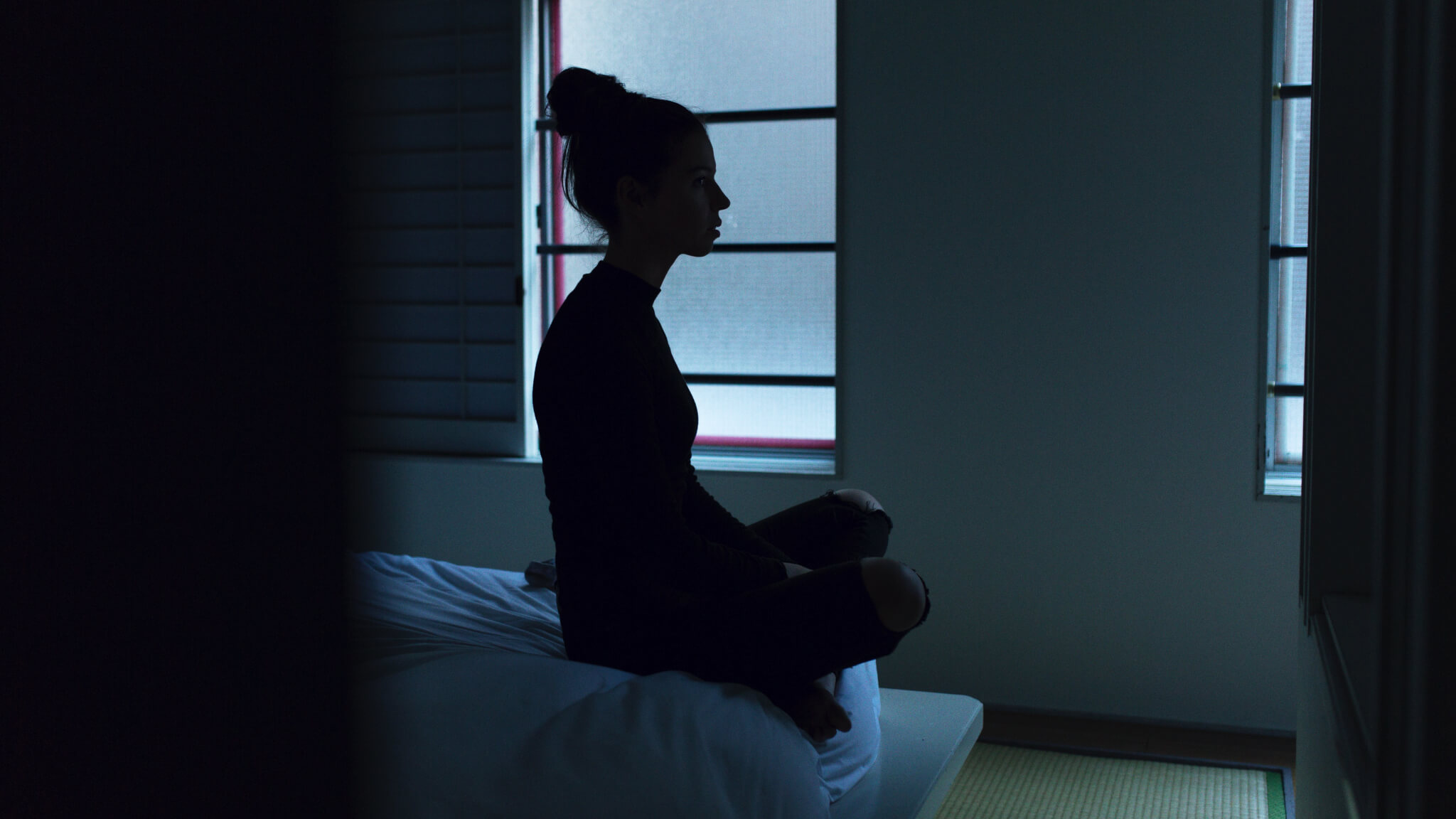
We all have bad days when we don’t want to get out of bed and dread going to work. But if every day is a bad day and you feel exhausted all the time, it’s possible you might have burnout.
With the fast pace and pressures of modern life, burnout is now common. The World Health Organization estimates 1 in 4 adults will be affected by the condition at some point.
If you’re concerned you or someone you know may have burnout, the good news is you can recover. In this article I’ll explain what the causes and signs of burnout are, and I’ll also suggest some steps you can take to feel like yourself again.




